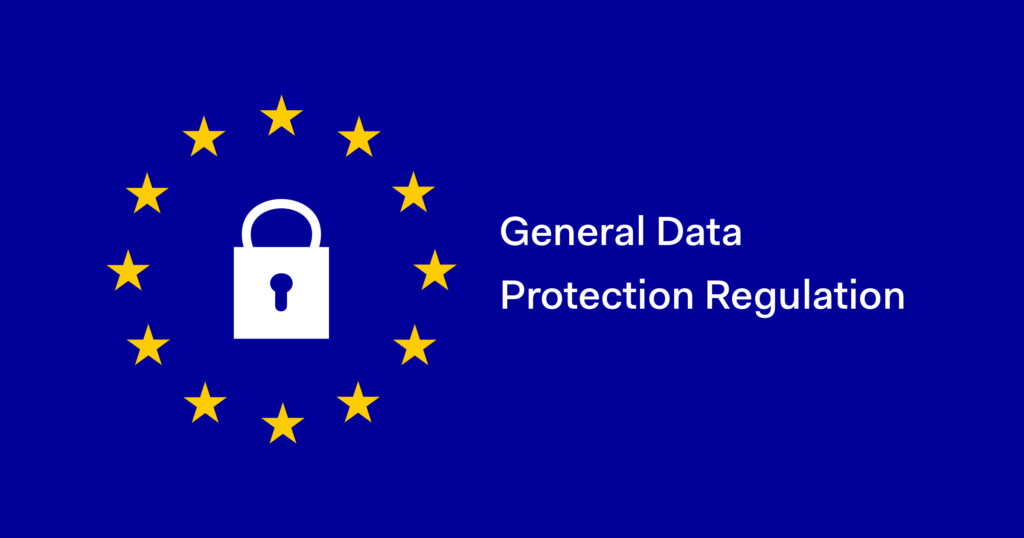Right to be Forgotten

Right to Information: Forgetful Google
On May 13, 2014, the European Court of Justice issued a far-reaching ruling on Google’s role with regard to European citizens’ right to privacy. As a result, every citizen now has the right to be forgotten help by having Google (and other search engines) and search results removed from the search engine(s). In the Right to Information section for Information Professional no. 6 I described the background of this ruling.
The internet doesn’t forget anything. The Spanish real estate entrepreneur Mario Cotija González also found out. While googling his own name, he discovered in 2010 that the search engine was showing outdated information in the search results. The Spanish newspaper La Vanguard reported on January 19 and March 9, 1998 that some of its buildings would be auctioned.
Privacy Legislation
The reason: a recovery of tax debts. Although this issue had long since been resolved, anyone who typed in González’s name was still being pointed out twelve years later. Didn’t González have the right to be forgotten by Google on this? Mario González invoked European privacy legislation. He submitted a request to the Spanish regulator to oblige both the newspaper and Google to delete this outdated data.
The newspaper was allowed to leave the messages, but the regulator agreed to the request to have the search results removed by Google Spain. Google appealed to the Spanish court, which then referred preliminary questions – questions of explanation – to the European Court of Justice in 2012: how exactly should European privacy legislation be interpreted?
Right To Privacy
This issue before the Court raised a fundamental issue of privacy, one of the fundamental rights of European citizens, which has traditionally clashed with another fundamental right: the right to freedom of information for those same citizens to find information.
On May 13, 2014, the Court of Appeal ruled that the right to privacy clearly outweighed the right to freedom of information. First of all, it considers that the European privacy directive aims to ensure a high level of protection of the fundamental help with right to be forgotten of natural persons, in particular their private life, when processing personal data.
Processing Personal Data
In addition, the right to privacy is a right enshrined in the Charter of the EU and all citizens of the European Member States have the right to rectification, erasure or blocking of data whose processing does not comply with the […] Directive, in particular because of the incomplete or incorrect nature of the data .
The Court then concluded that the concept of processing personal data is so broadly defined in the privacy directive that the collection, indexing and display of search results by a search engine simply fall under it. The role that Google plays in the worldwide distribution of this personal data and the associated risks of privacy violations are once again emphasized by the Court.
Privacy Law
European privacy law is therefore also fully applicable to Google. It is essential in this judgment that the right of correction referred to here, according to the Court of Appeal, must be interpreted more broadly than just the correction of incomplete or incorrect data.
It applies to all data – including factually correct – if they are insufficient, irrelevant or excessive for the purposes of the processing by the search engine operator . If this is the case, then this data and the references should be removed from the search results.
Various Interest
In summary: citizens have the right to submit such a removal request to Google and not to the courts, but Google is responsible for balancing the various interests. The sensitivity of the information and the impact on the private life of the citizen versus the freedom of information. In this regard, the Court notes that privacy must take precedence over freedom of information in this assessment, unless it concerns persons who have a visible role in public life .
And with this right of citizens to be forgotten, Google must now get to work in Europe. In late May, the search giant launched a web form to submit a takedown request. In the next fifty days, the company received more than 250,000 requests from 70,000 people, all of which must be assessed individually. The first search results have now been adjusted and Mario González is no longer associated with the two newspaper articles in Google.
Also read: Right to be Forgotten Meaning

